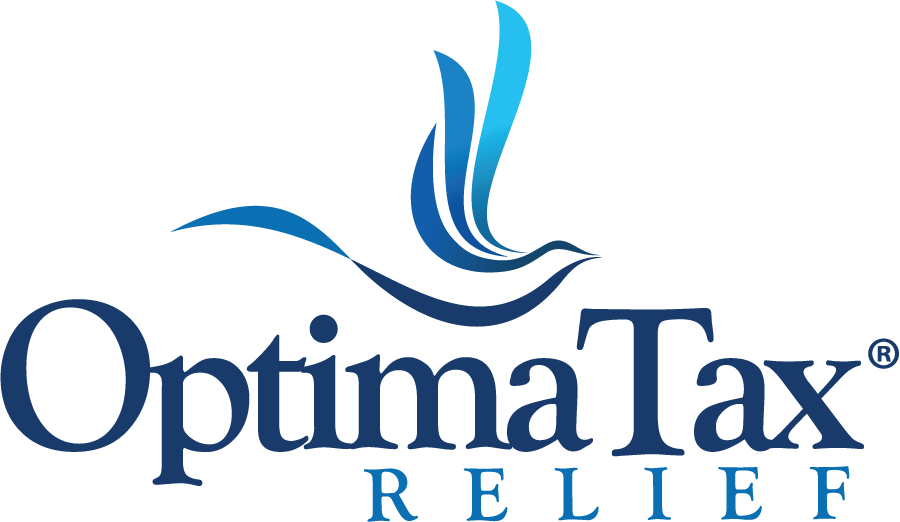The IRS has released its annual “Dirty Dozen” list, which highlights the most common scams that taxpayers may encounter. The Dirty Dozen is a yearly list of 12 of the most prominent scams that put taxpayers and tax professionals at risk. While some of these scams often return to the list, new ones do emerge from time to time. One of the scams on the list is false fuel tax credit claims, which can be promoted by third-party promoters. The fuel tax credit can be redeemed by off-highway businesses and farmers, and therefore, is not available to the majority of taxpayers. Optima Tax Relief reviews this scam and how to avoid it.
The IRS is offering fuel tax credits to individuals and businesses that use certain types of fuel for specific purposes. For instance, fuel tax credits may be available to farmers who utilize fuel for farming purposes. However, some third-party promoters have been falsely claiming that taxpayers are eligible for fuel tax credits when they are not.
Many channels, including social media, promotional flyers, and even in-person sales presentations, can be used to spread these false claims. When a taxpayer inquires more information, the promoters can offer to prepare tax returns or offer tax advice, all while promising a sizable tax refund.
Anyone who falls for these scams risks facing harsh penalties, interest charges, and perhaps criminal prosecution. In addition to financial penalties, taxpayers may also have their identities stolen and used for fraudulent purposes.
Taxpayers should be cautious of any third-party promoter who offers to obtain a fuel tax credit on their behalf. Doing so can help them avoid falling prey to these frauds. Taxpayers should also be wary of promoters who make extravagant tax refund promises or demand sensitive information, such social security numbers or bank account details.
A taxpayer should get in touch with the IRS right away if they think they’ve fallen for a phony fuel tax credit scam. The IRS maintains a page on its website specifically for reporting tax fraud and frauds. Taxpayers can also submit and mail Form 14242, Report Suspected Abusive Tax Promotions or Preparers, along with any supporting documentation, to the Internal Revenue Service Lead Development Center or the IRS Whistleblower Office.
The IRS has issued a warning to anyone who knowingly participates in this scam. Those who are caught will face fines and can be subject to federal criminal prosecution and imprisonment.
In conclusion, taxpayers should be aware of the dangers associated with false fuel tax credit claims promoted by third-party promoters. It is important to exercise caution when dealing with anyone who promises large refunds or who asks for personal information. By staying vigilant and reporting any suspicious activity, taxpayers can protect themselves and their financial well-being during tax season.

James Oliver is a professional blogger and a seasoned Content writer for technologyspell.com. With a passion for simplifying technology and digital topics, he provides valuable insights to a diverse online audience. With four years of experience, James has polished his skills as a professional blogger.




